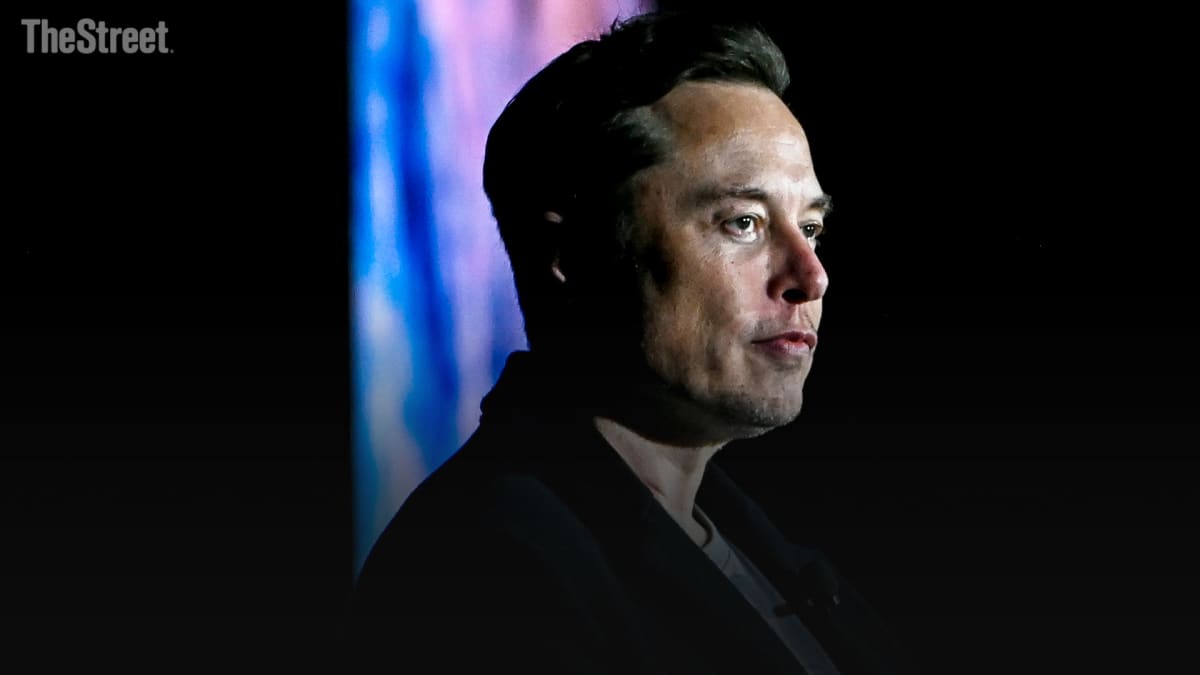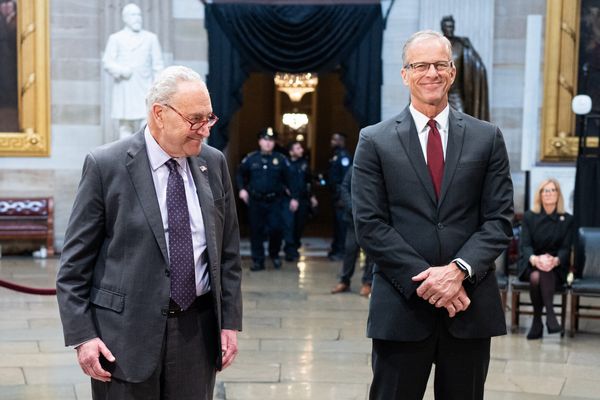
His popularity soared in less than two years, making him the most powerful CEO in the world.
In February 2022, Elon Musk had 50 million Twitter followers. Sixteen months later, this number has nearly tripled, to 145.1 million at last check. This growing popularity is certainly due to the visionary side of Musk, who is involved in five companies -- Tesla, SpaceX, Twitter, Boring Co. and Neuralink -- and due to his promises to revolutionize our civilization as we know it today.
But it is also due to his unconventional positions.
The entrepreneur has, for example, distinguished himself by meddling in geopolitical affairs. He became one of the very first multinational CEOs to support Ukraine, when the country was invaded by Russia on Feb. 24, 2022. He then provided, via SpaceX, the satellite internet access service Starlink to the country. Starlink has become the main communications system for the Ukrainian armed forces on the front.
Musk Has Put Himself Everywhere
Musk also publicly called on American voters to vote Republican in the midterm elections last November, breaking with the neutral stance in politics that most corporate bosses take.
The entrepreneur wants to become a kingmaker in the 2024 U.S. presidential election. He has therefore decided to open Twitter to Ron DeSantis, a candidate whom he supports. The Republican governor of Florida is considered former President Donald Trump's main rival for the Republican nomination. DeSantis announced his presidential bid on Twitter, a first, on May 24, during a live audio event with Musk.
The tech mogul has also taken the lead in the anti-progressive movement. In this context, he promised to defeat what he calls the woke mind virus, an expression that brings together the values progressives defend, like gender equality, diversity and inclusion, ESG, and the fight against racism and antisemitism.
This fight against wokeism also includes regular attacks on San Francisco, the progressive city that Musk paints as lawless and of which he accuses its Democratic Party leaders of laxity.
In view of all these positions, Musk has become sharply divisive. Conservatives have made him a hero, while liberals call him an egomaniacal billionaire.
His tech peers praise his vision, innovations and actions, but his unpredictable character earns him enmity. He has a feud with Bill Gates, the philanthropist co-founder of Microsoft (MSFT), as well as with Mark Zuckerberg, the CEO of Meta Platforms (META), parent of Facebook, Instagram and WhatsApp.
In fact he recently challenged Zuckerberg to a cage match. Zuck accepted.
Paul Ehrlich 'Has Done Immense Damage': Musk
Still and all, Musk has never indicated that he despises someone in a visceral way -- until now. He just did so in a thread on Twitter.
The person whom the CEO of Tesla (TSLA) abhors is the famous biologist Paul Ehrlich, author of the controversial book "The Population Bomb," in which he warned that overpopulation and consumerism are driving the world to the edge.
"Paul Ehrlich has done immense damage to humanity," Musk said on Twitter on June 26, commenting in a post that Ehrlich's book had a bad impact in India. "Immense. I despise him."
Ehrlich, 91, became known for "The Population Bomb," which he wrote with his wife, Anne, in 1968. In the book, they warned of the dangers of overpopulation. Many of his predictions turned out to be erroneous. For example, he predicted that the city of Calcutta, India, would reach a population of 66 million by the year 2000. Calcutta currently has a population of about 17 million.
"No scientist would hold exactly the same views after a half century of further experience, but Anne and I are still proud of our book," he told The Guardian in an interview in March 2018.
He said that the book helped start a worldwide debate on the impact of rising population, a debate that continues today.
"Its weaknesses were not enough on overconsumption and equity issues. It needed more on women’s rights, and explicit countering of racism – which I’ve spent much of my career and activism trying to counter," said Ehrlich, who has been a professor at Stanford University since 1959. He is president of the Center for Conservation Biology at the school.
"Too many rich people in the world is a major threat to the human future, and cultural and genetic diversity are great human resources.”
Contrary to the thesis of Ehrlich's book, Musk says the world is not populated enough. For several months he has been calling for people to have more children, and he has denounced the decline in the birth rate in several richer countries such as Japan, Italy and South Korea.







